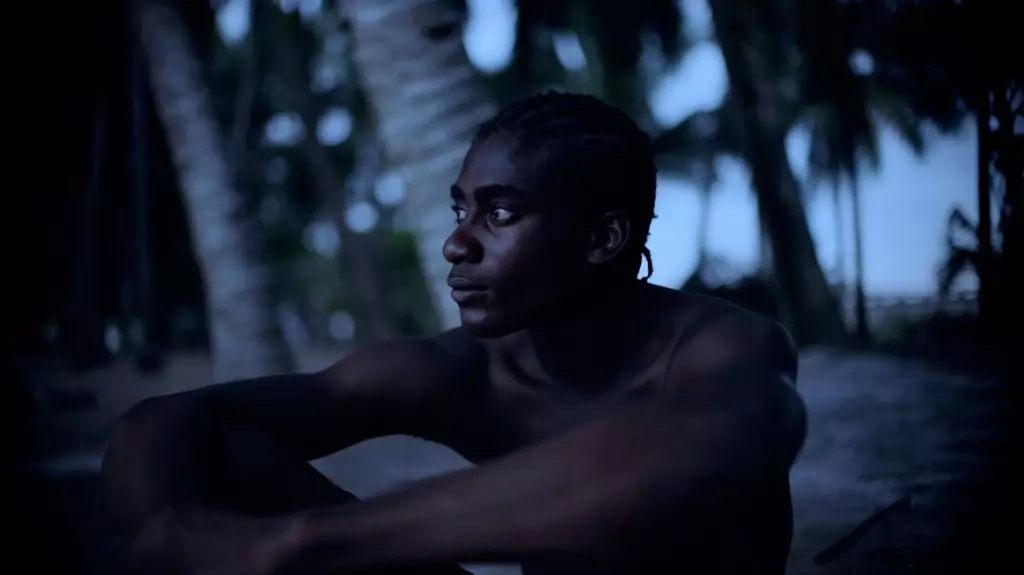In the competitive world of cinema, Jérémy Comte is a name to watch. His transition from short films to feature-length narratives has garnered significant attention, particularly following his Oscar-nominated short film, Fauve. With his directorial debut in “Paradise,” Comte seeks to delve into profound themes of family, identity, and the inescapable quest for connection. This film is poised to make waves, not only due to its compelling narrative but also through its emotional depth, marking an exciting new chapter in Comte’s filmmaking journey.
“Paradise” ingeniously unfolds a dual storyline bridging two young men from vastly different backgrounds—Kojo in Ghana and Tony in Canada. The film approaches the universal theme of searching for parental figures, weaving a narrative that reveals how seemingly disparate lives can intersect through shared experiences. Kojo’s descent into street gangs following his father’s mysterious disappearance extends an impactful commentary on the complexities of grief and loss. In a parallel narrative, Tony’s investigation into his mother’s enigmatic past prompts not just physical travel to Ghana, but an emotional journey that fosters personal growth.
Both characters, grappling with their respective families’ shadows, signify a search not just for their absent fathers, but also for their own identities. This layered storytelling conceivably resonates with anyone who has experienced disconnection from familial roots or cultural heritage, thereby enriching the viewing experience.
As the film navigates the backgrounds of its characters, it explores how culture shapes personal narratives, creating a rich tapestry of experiences that are relatable regardless of geographic boundaries. The intersection of Kojo’s life in Ghana, marked by challenges and street dynamics, with Tony’s privileged life in Quebec underscores the disparities and commonalities inherent in the human condition. According to Fabien Westerhoff, CEO of Films Constellation, Comte’s storytelling encapsulates “human vulnerability, trust, and the search for belonging,” reflecting a broader dialogue about our interconnectedness in an increasingly globalized world.
A film is often only as strong as its creative team, and “Paradise” boasts talent across multiple disciplines. The performances of newcomers Joey Boivin-Desmeules and Daniel Atsu Hukporti as Tony and Kojo respectively are anticipated to bring authenticity and nuance to their roles. Coupled with Olivier Gossot’s cinematography, which promises to enhance the emotional weight and visual storytelling, the film is set to be a cinematic feast. Notably, the contributions of a skilled production design team and a carefully curated score signify a commitment to creating an immersive experience that resonates deeply with audiences.
As “Paradise” gears up for its festival debut, it embodies the promise of innovative storytelling. Comte’s ability to blend cultural exploration with intimate familial relations positions the film as a significant cultural piece for modern audiences. Through its captivating narrative and talented ensemble, “Paradise” is not merely a film about two young men on a quest; it is a mirror reflecting our shared humanity in the face of personal trials, ultimately leaving viewers with the hope that connection can prevail, regardless of distance.
